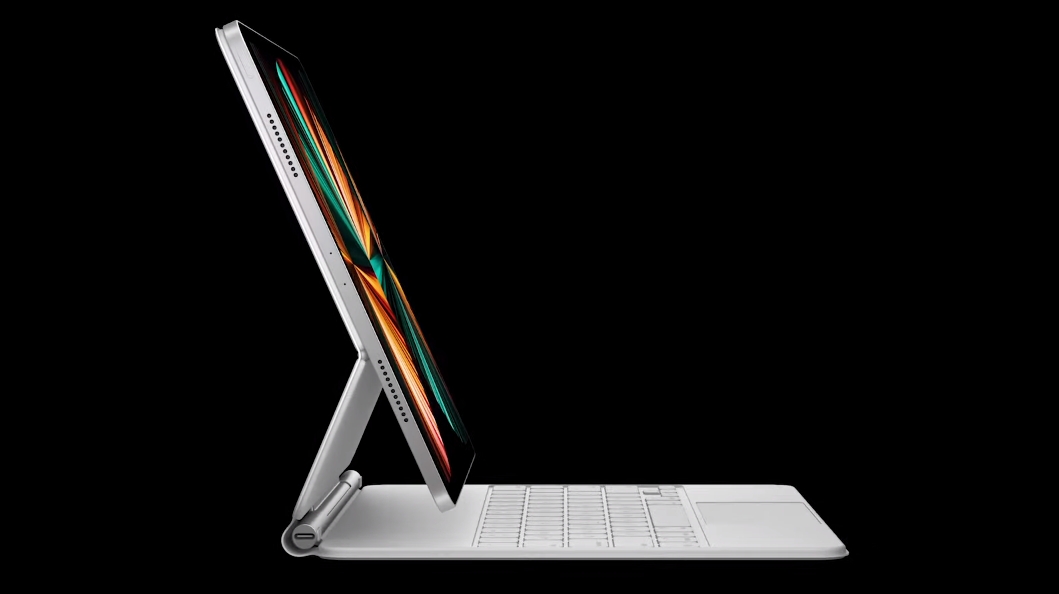

Linehan, MD, who assumed leadership in 2014 and who also serves as the Seymour I. It took another 150 years or so to nail down the details of exactly who in the medical community should do what, but, by the end of the 19th century, surgery finally became the sole purview of formally educated physicians.Īs the University of Rochester’s Department of Surgery celebrates 96 years in operation, a hyphen captures the essence of the department’s 21st century surgeon-the Surgeon-Scientist-skilled in performing complex surgeries, exploring novel therapies, and leading major health care institutions while preserving an “unrelenting focus” on the patient, says Department of Surgery Chair David C. However, by the mid-1700s the barber-surgeons were stripped of their hyphen and relegated to shaving and haircutting.


This incongruous medical model was exported to the American Colonies. The patient didn’t survive, but Paré’s reputation soared, and he became known as the father of modern surgery. Prominent barber-surgeon Ambroise Paré tended to the king’s injury and wowed colleagues with his innovative ideas and advanced neurosurgery tools. Then in 1559, a jousting-match injury raised the prestige of surgery after King Henry II of France took a lance to the eyeball, and it pierced the royal brain. Conveniently, they could slice into your arm to do a bloodletting to relieve your fever and then, probably with the same knife, take a little off the top if you were up for it.Ĭonsidered beneath the skills of physicians, surgery was a commercial trade learned through apprenticeships. When summoned, the barber-surgeons extracted teeth, removed gallstones, and amputated limbs. So, with the addition of an innocuous punctuation mark, surgery and grooming became one occupation. It apparently made sense at the time, since barbers were skilled with the primary surgical tool-a knife. When he wasn’t disciplining his wives or warring with France, King Henry VIII had time to do a few things around the castle-like set up a department of surgery and staff it with the best barbers in early modern England.


 0 kommentar(er)
0 kommentar(er)
